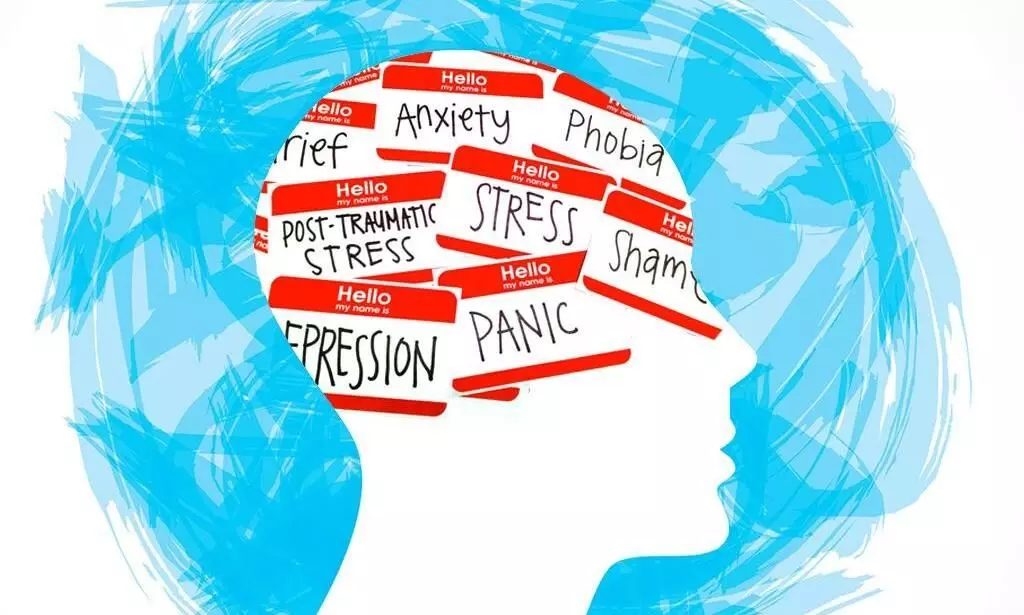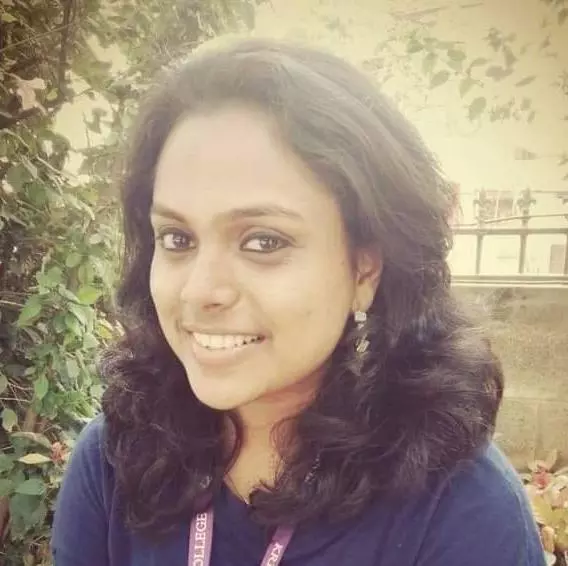
India sees silent surge of mental health issues amidst COVID crisis
text_fieldsDoes the quality of life matter only for our physical well-being? Not certainly. Both body and mind are synchronized and have to be taken care of collectively. Mental health issues are being normalised and ignored always considering it as a part of life. The ongoing pandemic has made an adverse effect on the mental conditions of the people irrespective of sex and age.
From a school kid to IT professional, working woman to homemaker, celebrities to common men, and adults to elder folks, the impact is quite evident. But only a few are ready to communicate this and sort out their real problems. According to a WHO survey, 1 in 4 individuals worldwide has a mental health disorder. The government-supported NIMHANS study revealed that 1 in 10 Indians has a mental health problem, and 1 in 20 Indians has depression. "The social stigma on mental health is still persistent in the country we live in. When someone is ready to expose his vulnerability or talk about his real problems, then he is being considered as a weak person" says Radha Murali, Psychologist, Regression and Inner Child Therapist, Clinical Hypnotherapist based in Bangalore.
According to Radha Murali, when you go someone's space for consultation, it really takes much time and effort to put trust on the consultant and open up about the apprehensions they face. "But due to this pandemic, consultations are happening online. There I observed a difference that most are very much comfortable while interacting from their own spaces and they readily share their problems without much effort. People are reluctant to go to hospitals to treat their mental health issues because they think that this can affect their personal, professional and even married life. They also fear the ostracization they have to face from people and family members because mental disability is being considered as the only mental illness which requires treatment from a medical advisor. Proper psycho-education is the only solution to root out this biased thinking" she said.
"Problems can come to our lives anytime but overcoming those is also possible. This rightly depends on the problem-solving skill of the individual. It doesn't mean that all problems can be solved alone, especially, if the problem has deeply affected the individual. But instead of going after alternative solutions and fake healers, the person must seek out the help of a medical advisor and take scientific treatment", says Dr Boban Eranimos, Clinical Psychologist, Active Minds-Mind Clinic, Kottayam, Kerala.
According to him, the suicides of children are increasing at an alarming rate. Digital reliance is the most common cause of this. Non-availability of gadgets increases the frustration and fear among children when they have to rely on online classes for continuing their education. Stress dealing ability and rational thinking have to be developed from childhood. Give them chances to fail also. Parenting ways have to be changed with situational demands.
"Distress, anxiety, depression, anticipatory grief and other mental health issues are threatening more people now due to the socio-economic impacts of Covid-19. Financial instability, job loss, inactiveness, bank pressure, unemployment, home isolation, lack of socialization, COVID fear etc. are some of them leading people to life-threatening traumatic conditions. The count of people facing mental health issues can proliferate to an astonishing degree in the future. Mental health services available here are not adequate and are deficient in terms of quality. Many working in the field are untrained professionals who cannot provide psycho-social support for those in need of it" says Dr Geetanjali Natarajan, Professor and HOD, Department of Clinical Psychology, Amrita Institute of Medical Sciences, Kochi, Kerala. "To maintain one's mental health, three basic things including Healthy daily routine, adequate psycho-social support, developing problem-solving ability are very much essential" adds Dr Geetanjali.























